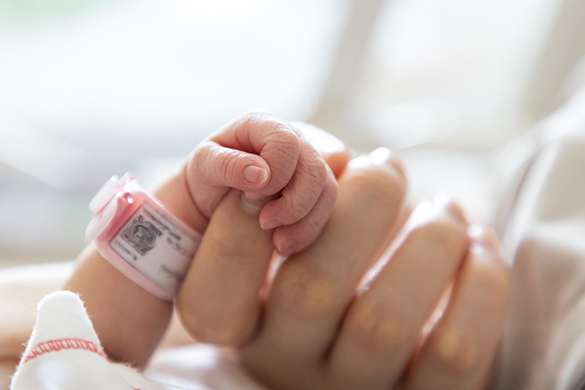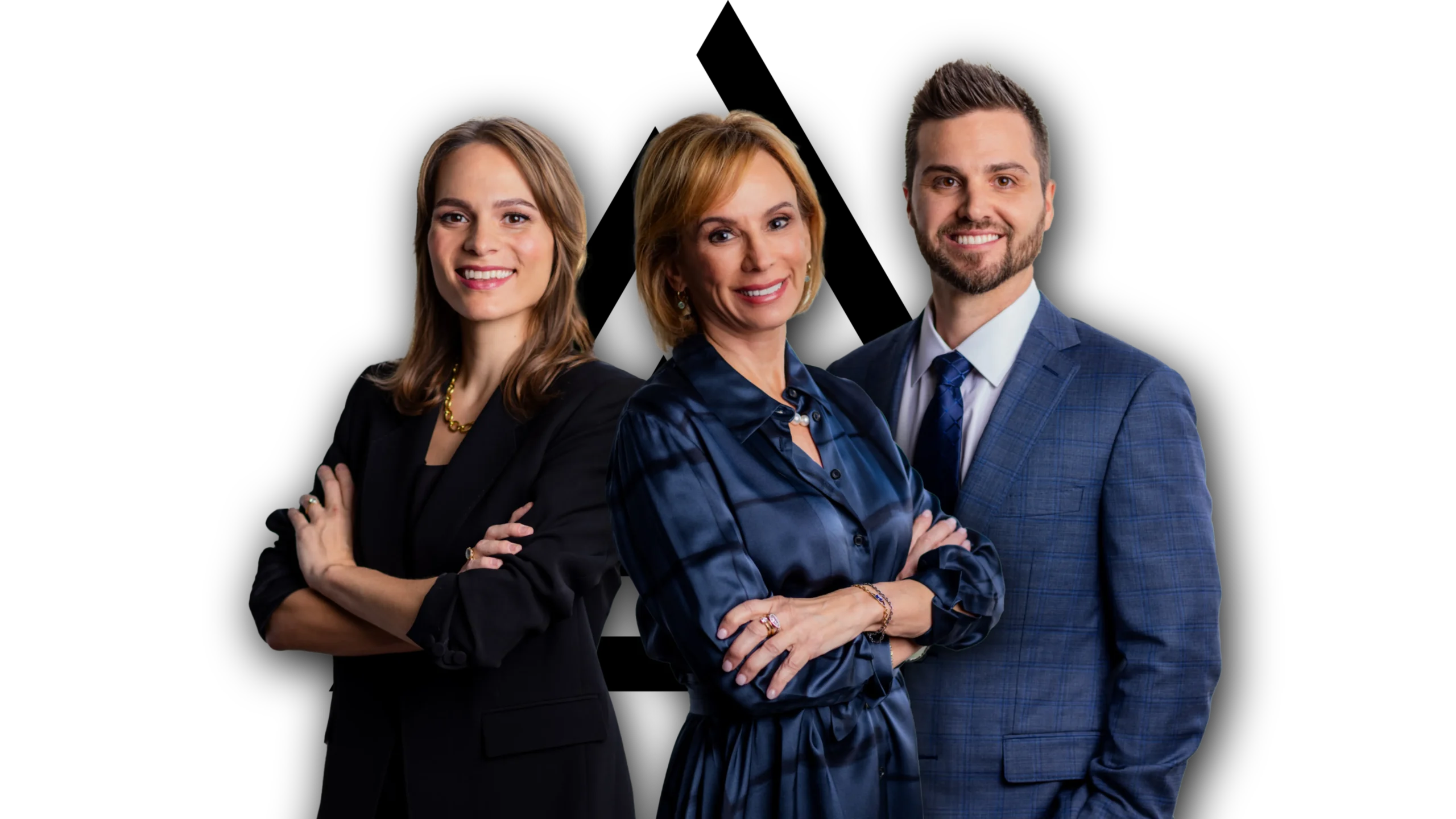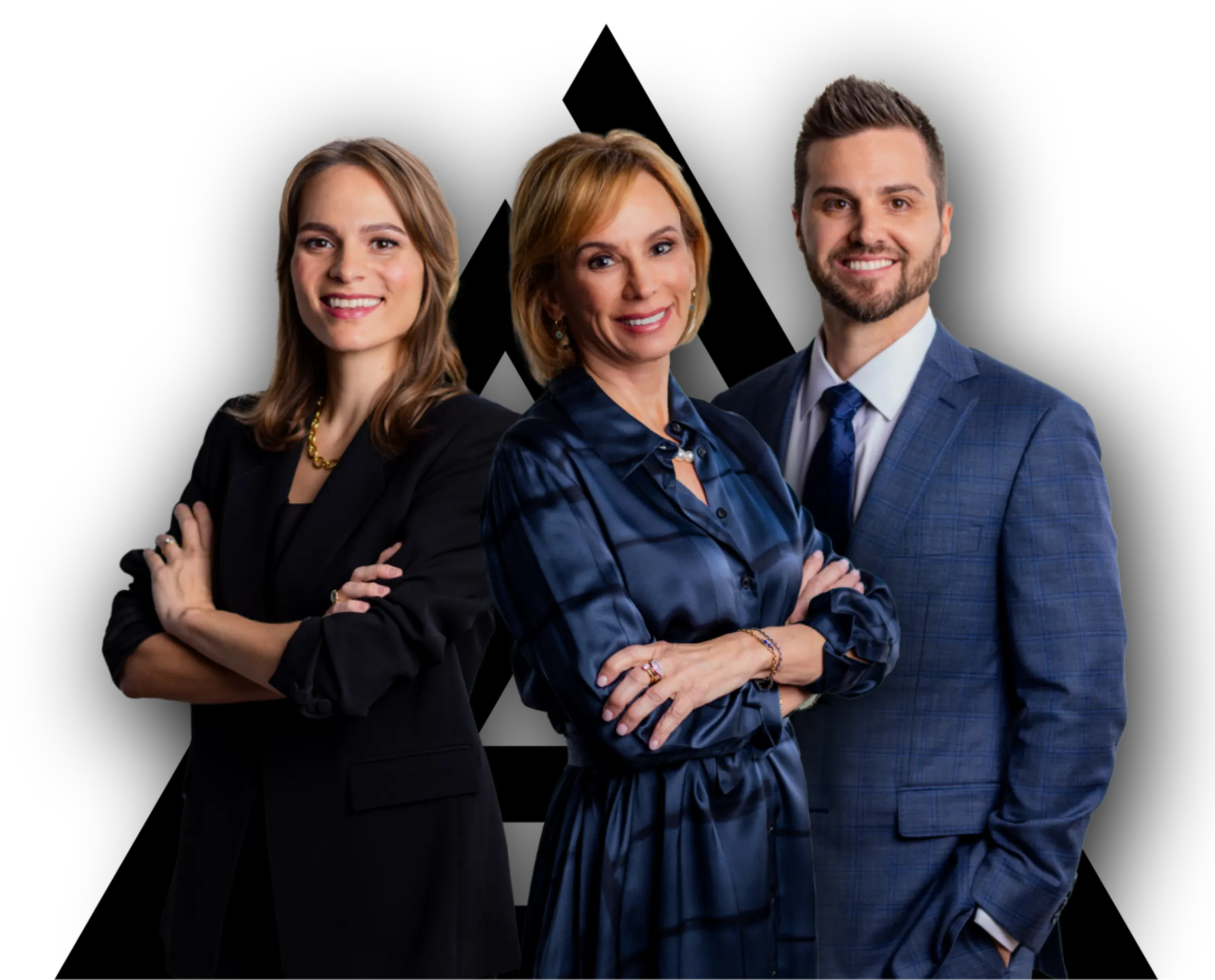Few moments are as frightening for parents as realizing something is wrong during childbirth. Umbilical cord entrapment or compression can cut off a baby’s oxygen supply, putting them at risk for serious and sometimes long-term injuries if not handled quickly. Families trust doctors and nurses to act fast when signs of fetal distress appear. In many cases, quick intervention can prevent serious harm, but when medical providers miss key warning signs or delay treatment, the results can be devastating and may be grounds for a medical negligence claim.
If your family has experienced umbilical cord entrapment and you’re left with unanswered questions about the care you received, Aldous Law in Dallas is here to help. Our attorneys understand how overwhelming and emotional this experience can be, and we are here to support you every step of the way. From your first consultation to the resolution of your case, we work to help you find answers, hold negligent parties accountable, and pursue justice when a preventable birth injury has changed your family’s life.
What is Umbilical Cord Compression?
Umbilical cord compression occurs when pressure on the umbilical cord reduces or blocks the flow of blood and oxygen from mother to baby during pregnancy or labor. This obstruction can be caused by the cord being wrapped around the baby's neck, a prolapsed cord, true knots, or external pressure, and may lead to serious health risks if not promptly addressed.
Signs and Symptoms of During Labor
- Changes in the baby’s heart rate, especially slowed or irregular patterns detected on a fetal monitor.
- Sudden drops in fetal heart rate (variable decelerations) during contractions.
- Reduced fetal movement felt by the mother.
- Visible prolapse of the cord through the birth canal, which may be seen or felt by medical staff.
- Signs of fetal distress, such as abnormal activity or heart rate require urgent medical attention.
Umbilical Cord Entrapment
Umbilical cord entrapment occurs when the cord becomes wrapped around a baby’s neck, head, or another body part — or when it’s compressed during labor — limiting the flow of oxygen and nutrients. This complication can happen quickly and needs immediate medical attention to protect the baby from serious or long-term injury. Recognizing the warning signs early is key to keeping both mother and baby safe during delivery.
Signs and Symptoms During Labor
- Slowed or abnormal fetal heart rate detected by fetal monitoring.
- Sudden or variable drops in the baby's heart rate during contractions.
- Decreased or absent fetal movement reported by the mother.
- Observation of the umbilical cord prolapsing or being visible through the birth canal.
- General signs of fetal distress require urgent evaluation.
Medical Risks and Potential Birth Injuries
While every birth has some level of risk, umbilical cord compression and entrapment can be especially dangerous because they can quickly cut off a baby’s oxygen supply. When warning signs show up during labor, doctors and nurses need to act fast to prevent long-term harm. Delays in recognizing or responding to cord issues can lead to serious complications, which is why quick action is so important to protect the baby’s health.
Short-Term Risks to Newborns
Short-term risks from umbilical cord compression or entrapment may quickly develop and include:
- Fetal distress is indicated by an abnormal or slowed heart rate
- Reduced oxygen flow leading to hypoxia
- Premature delivery due to emergency interventions
- Episodes of fetal asphyxia or respiratory difficulties
Long-Term Complications
Long-term complications from prolonged or severe cord issues can include:
- Brain damage or cerebral palsy due to oxygen deprivation
- Neurological impairments affecting movement and cognition
- Organ damage caused by oxygen and nutrient restriction
- Developmental delays and lifelong disabilities
Maternal Considerations
Umbilical cord complications don’t just affect the baby — they can have a big emotional impact on mothers, too. Experiencing cord compression or entrapment during labor can be incredibly stressful and frightening, and that anxiety can linger well after delivery. Some mothers may face postpartum depression or a longer recovery as they process the experience and worry about their baby’s health.
When cord issues arise, doctors often need to act quickly. This may involve repositioning the mother, continuous monitoring, or sometimes performing an emergency C-section to protect the baby. While these interventions can feel overwhelming in the moment, they are often the safest way to reduce risks and help both mother and baby recover more smoothly.
When Medical Negligence Is Involved
Umbilical cord complications during birth — such as compression, entrapment, prolapse, or true knots — can sometimes be the result of medical negligence if doctors or nurses fail to meet the accepted standard of care. This can happen when medical staff don’t monitor the baby’s heart rate closely, ignore or misread signs of fetal distress, delay critical interventions like an emergency C-section, or fail to conduct proper prenatal testing and risk assessments. When these lapses occur, they can delay the care a baby urgently needs, leading to serious and preventable injuries.
Those who can be held accountable or liable in cases of medical negligence involving umbilical cord complications include:
- Obstetricians and doctors
- Nurses and labor and delivery staff
- Midwives
- Hospitals and medical facilities
- Medical groups or practices employing the healthcare providers
For new mothers and families, facing the aftermath of medical negligence can be overwhelming and heartbreaking. It can feel like a betrayal of the trust placed in doctors and nurses during one of life’s most vulnerable moments. Having compassionate legal support can make a difference — guiding families through the process with care, helping them seek accountability, and supporting them as they work toward healing.
Filing a Birth Injury Claim
When a family decides to pursue a birth injury claim, it usually starts with a consultation where an experienced attorney goes over the details to see if medical negligence may have been a factor. From there, the attorney will collect important evidence, including medical records, expert opinions, and documentation of the child’s ongoing medical needs. Filing the claim sets the legal process in motion, which can involve negotiating a settlement with the healthcare providers or their insurance companies. Many cases are resolved through settlements, but some may go to trial to make sure the family gets the compensation they need for the child’s care and to cover the losses they’ve experienced.
Compensation and Damages
Families who pursue a birth injury claim can seek various types of compensation, including:
- Medical expenses, both past and future
- Costs for ongoing therapy and specialized care
- Compensation for pain, suffering, and emotional distress
- Lost income related to caregiving or parental leave
- Funds for adaptive equipment and home modifications
How a Texas Umbilical Cord Entrapment Attorney Can Help
At Aldous Law, we’re proud to help families navigate the legal process after the trauma of umbilical cord entrapment at birth. We take the time to carefully review each case, working with medical experts to understand what happened and whether negligence may have played a role. We handle every part of the claim, from gathering evidence to negotiating with insurance companies, so families can focus on caring for their child and healing. Most importantly, we’re committed to supporting new mothers and families through this difficult time, understanding just how emotionally and physically challenging these experiences can be.
Why Choose Aldous Law for Birth Injury Cases
If a family has endured the pain and uncertainty caused by umbilical cord complications, reaching out to Aldous Law means gaining a steadfast ally. Our compassionate attorneys listen carefully, answer your questions, and walk by your side throughout every step of the claim. Contact us today for legal guidance you can trust and personalized representation dedicated to protecting your family’s future and holding responsible parties accountable.
Frequently Asked Questions
Is umbilical cord compression the same as entrapment?
Umbilical cord compression and entrapment are related but different complications. Cord compression happens when pressure on the cord reduces blood flow and oxygen between the mother and baby during labor or delivery. Umbilical cord entrapment occurs when the cord gets wrapped tightly around the baby’s neck, head, or body, which can also cause compression and distress. Both conditions are serious and need quick medical attention to help keep the baby safe.
What signs indicate a cord problem during labor?
Signs that there might be a problem with the umbilical cord during labor can include irregular or slowed fetal heart rates on monitoring equipment, sudden drops in heart rate during contractions, reduced movement felt by the mother, visible cord prolapse, and other indications of fetal distress. Doctors and nurses keep a close eye on these signals so they can act quickly to protect the baby’s health.
How long do I have to file a birth injury claim in Texas?
In Texas, families generally have two years from the date of the injury or from when the injury was discovered to file a birth injury claim. However, there are exceptions and specific rules that can affect this timeline, so consulting with a qualified attorney as soon as possible is important to protect your legal rights.
What evidence is needed to prove negligence?
To prove medical negligence in a birth injury case, families need to establish that the healthcare providers did not meet the accepted standard of care and that this failure directly caused the injury. Key evidence includes medical records, fetal monitoring strips, expert medical opinions, documentation of treatment delays or errors, and any testimony regarding how the care deviated from accepted medical practices.
Are all umbilical cord complications considered negligence?
Not all umbilical cord complications are due to negligence. Some occur despite appropriate medical care. However, negligence may be involved if medical staff fail to properly monitor or respond to warning signs, delay necessary interventions, or make errors during labor and delivery. Each case requires a thorough review to determine if negligence played a role.







